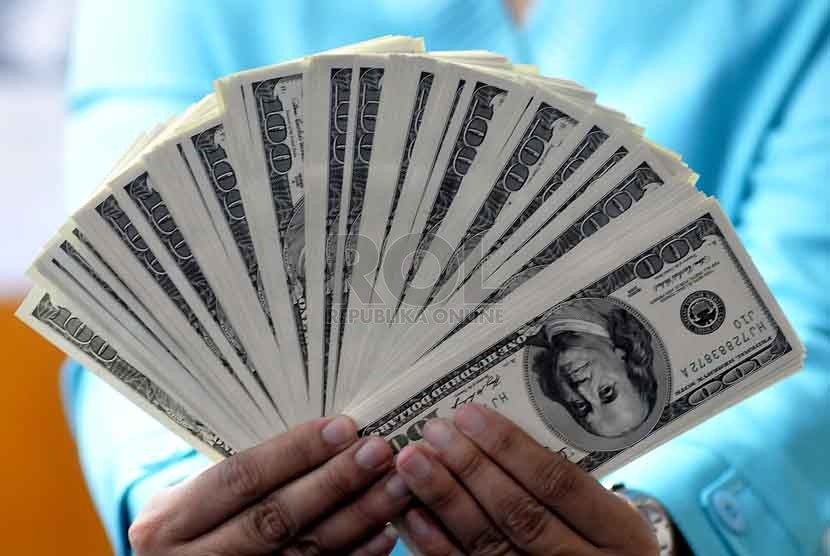REPUBLIKA.CO.ID, WASHINGTON - Just as the US job market has finally strengthened, the Federal Reserve now confronts a new worry: A sputtering global economy that's spooked investors across the world.
The economic slump could spill into the United States, potentially weakening job growth and keeping inflation well below the Fed's target rate. Such fear has led some analysts to suggest that the Fed might wait until deep into next year to start raising interest rates — and then raise them more gradually than expected.
Yet so far, the prospect of continued lower rates — which make loans cheaper and can fuel stock gains — is being outweighed by investors' mounting fears of weakness from Asia to Europe to Latin America. After shedding 223 points Monday, the Dow Jones industrial average is now 5.5 percent below its September peak. Americans with stocks in their retirement accounts have taken a beating — at least for now.
On Tuesday, solid earnings from several large US banks gave stocks a boost. The Dow was up nearly 100 points, or 0.4 percent, in midafternoon trading.
Since the Great Recession ended five years ago, Fed officials have often stressed that their policies were devised to nurture the US economy and job market alone. But Fed officials are now assuring international financial leaders that they will closely monitor the effects of the Fed's policies on overseas economies.
And the Fed's vice chair has publicly acknowledged that the turmoil abroad could lead the Fed to act more cautiously.
"If foreign growth is weaker than anticipated, the consequences for the US economy could lead the Fed to (raise rates) more slowly than otherwise," Vice Chair Stanley Fischer said in a speech last weekend.
Fischer's remarks followed a rash of data last week that pointed to slower growth worldwide. Germany reported sharp declines in factory output and exports, which raised fears that Europe's biggest and strongest economic power could fall into recession. China's efforts to rein in government and private debt have slowed its expansion. And consumers in Japan are still spending listlessly after a big sales tax increase took effect in April.
A stronger dollar makes American goods more expensive in foreign markets and can reduce US exports. It also makes imports cheaper for Americans and puts downward pressure on US inflation.


